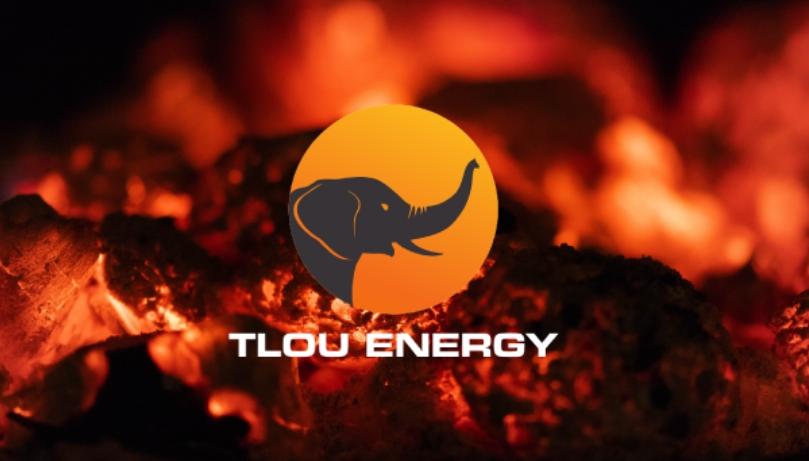Environmental balance “pretty”: first penalty for greenwashing in Australia
Showing environmental commitment is part of many companies today – after all, it improves their own image. This tempts companies again and again to “pretty up” the environmental balance a little. An Australian energy provider now has to pay a fine for this for the first time – and the EU is also planning stricter rules.
In Australia, a regulatory authority has imposed a penalty for greenwashing for the first time. Greenwashing describes a company’s practice of presenting its commitment to the environment in a more positive light than it actually is. So far, greenwashing has not been a criminal offense in the EU, but new EU regulations could soon change this. Australia is a pioneer with the current case.
It is about the energy provider Tlou Energy. The Australian securities and investment commission, Asic, has imposed a fine of 53,000 Australian dollars, which is the equivalent of around 34,000 euros. The authority was bothered by several stock exchange announcements by Tlou, which it considered to be either factually incorrect or lacking a reasonable basis: The energy company claimed that its electricity is CO₂-neutral, that it has environmental certification and that it generates certain amounts of electricity from solar energy. The company described its natural gas power generation as low-emission, and stressed that producing “clean energy” from renewable sources is just as important as advancing a gas project.
The company paid the fine, but made it clear in a public statement that it believed it had not violated the law. However, the company did not provide any evidence to support this claim.
Focus on financial products
Tlou isn’t the only company that’s been targeted by Australian regulators. According to Asic Vice-Chair Sarah Court, the agency is currently investigating a number of public companies, pension funds and managed investment funds that may be misrepresenting themselves as “green”. Asic, which issued a factsheet to Australian companies back in June, is now “actively monitoring the market for potential greenwashing,” Court said.
The authority wants to pay special attention to financial products. Sustainable investments should follow so-called ESG criteria and thus ecological, social and ethical aspects. If false information is given, the Australian authorities want to punish this in the future – with fines as in the case of Tlou or even in court. Asic chairman Joe Longo made it clear at the beginning of October to the Economic Committee in the Australian Parliament that stricter regulation and monitoring are necessary. At the time, Longo emphatically warned that greenwashing was “increasingly common”. There is now a risk that environmentally conscious consumers will be swayed to purchase products they would otherwise likely have avoided.
Companies rely on “dubious CO₂ compensation”
An analysis by the environmental organization Greenpeace last year also did not paint a positive picture of the Australian industrial landscape. Although a number of large companies in Australia have set net-zero targets, it said, much of this is more of a greenwashing move. Few companies would actually want to end their use of coal. Instead, they would often rely on “dubious CO₂ offsets”.
Islanders win climate lawsuit against Australia
The report primarily denounced high-emission companies such as oil and gas company Woodside, airline Qantas and energy provider AGL. They all set net-zero goals without turning their backs on fossil fuels. Out of a total of 80 Australian companies, which are among the largest emitters in the country, just 16 had committed to converting their operations to 100 percent renewable electricity at the time of the analysis (September 2021). Greenpeace positively highlighted the supermarket chains Woolworths and Coles and the telecommunications provider Telstra, which intend to switch completely to renewable energies by 2025.
According to Nikola Čašule, head of research at Greenpeace Australia Pacific, corporate greenwashing is delaying real progress in reducing emissions. While protecting and restoring forests is “hugely important,” land-based carbon offsets such as tree planting programs cannot repair the climate damage caused by burning coal, oil and gas. Both the International Energy Agency and the United Nations have already warned that Australia must phase out coal by 2030 to avoid extreme climate and economic consequences.
Greenwashing slows down real progress
Australia has already felt the extreme climatic consequences of climate change in recent years: in 2019/20 devastating bush fires devastated the east of the country. Earlier this year, the Great Barrier Reef experienced its sixth massive coral bleaching since 1998. At the same time, large parts of the east coast were submerged under water. But despite the noticeable climate consequences, the country has long shied away from pursuing more ambitious emission targets. In fact, the previous Australian government boycotted the global fight against climate change for years, delaying setting a zero emissions target by 2050 (the latter ultimately happened in 2021).
The Labor government elected in May under Anthony Albanese has also launched a climate law that will enshrine in law a 43 percent reduction in CO₂ emissions by 2030. But the Social Democrats are still struggling with the exit from coal. As recently as July, Albanese said halting fossil fuel projects would have “a devastating impact on Australia’s economy”.


